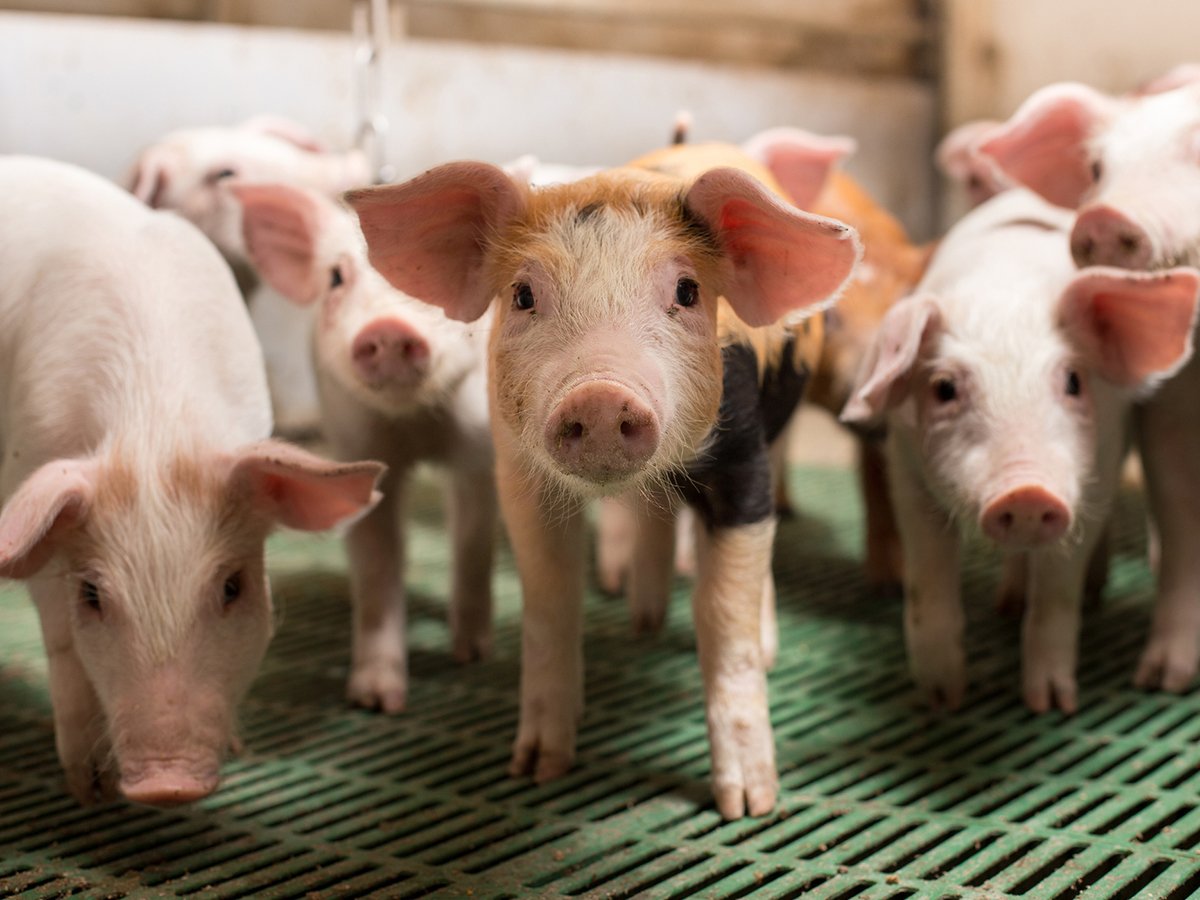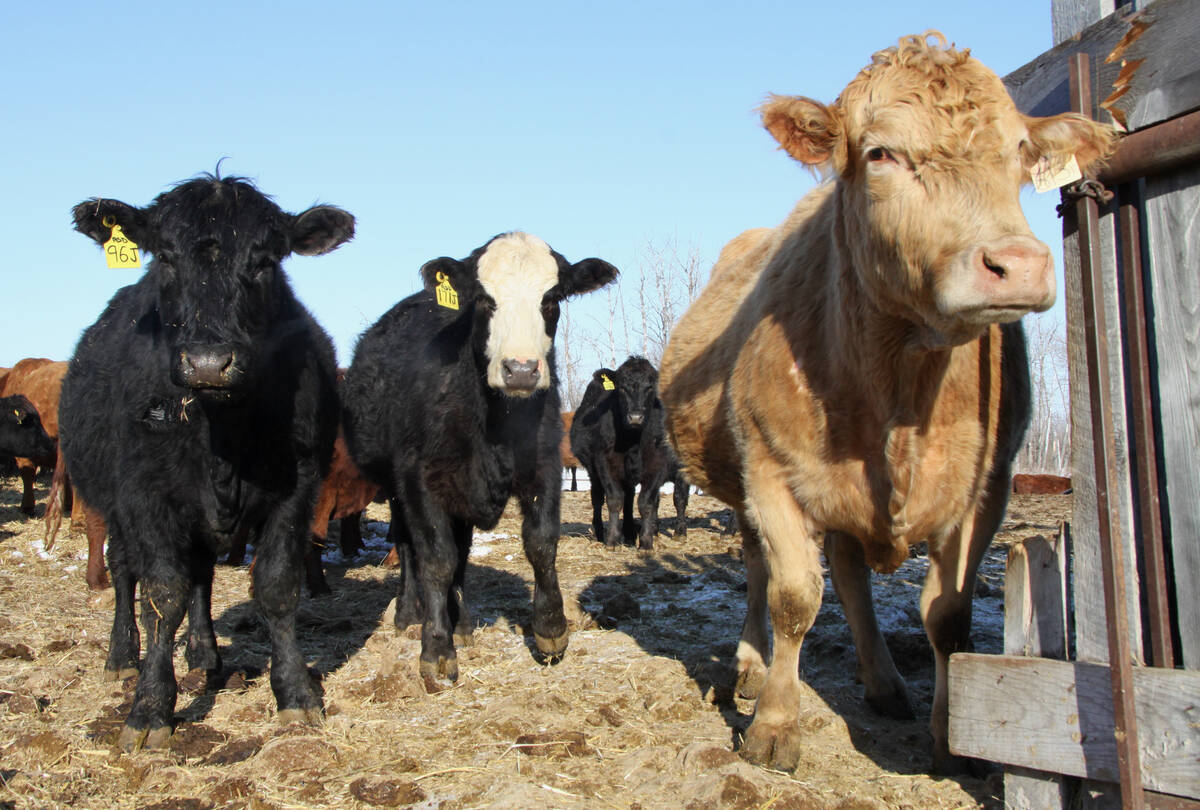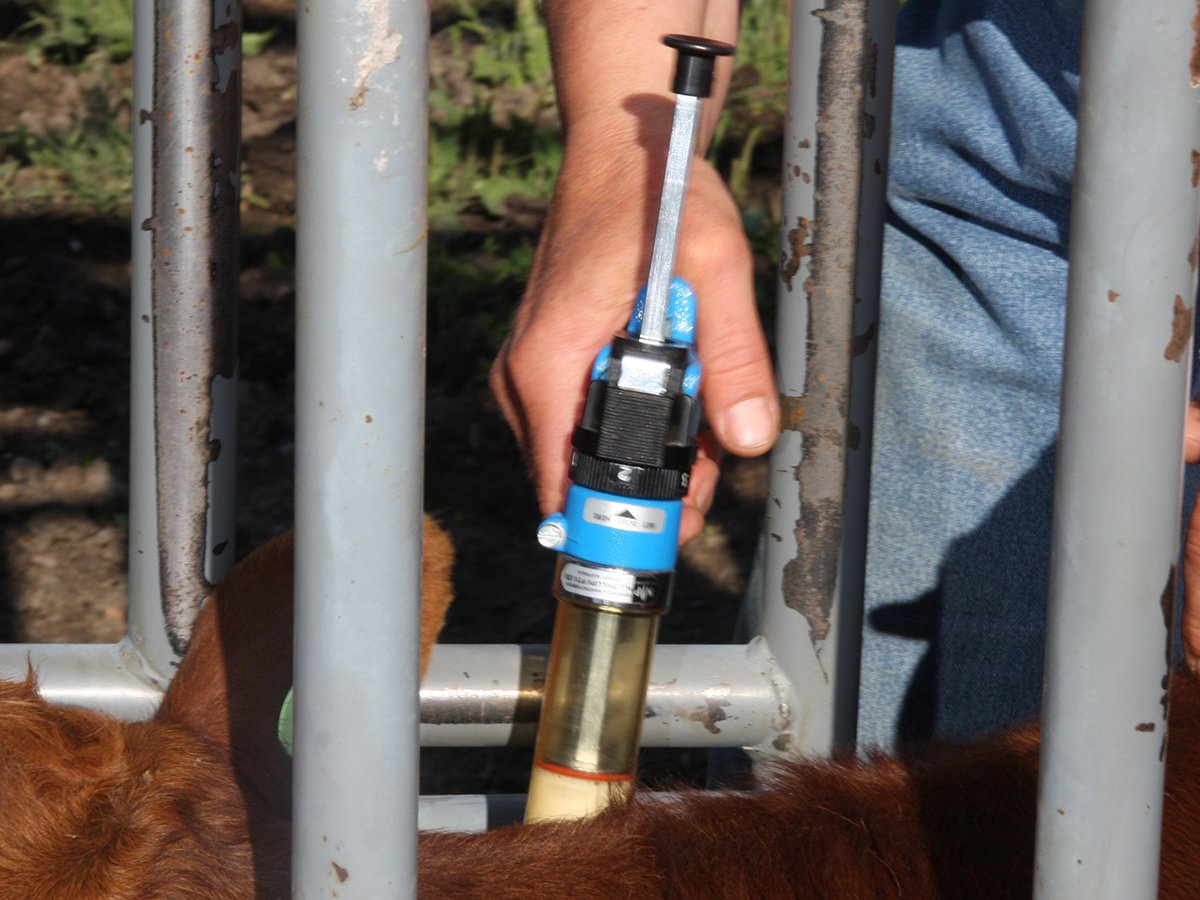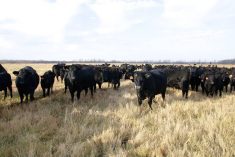Because of tariffs and the fact that the world is so interconnected these days, it’s probably a good idea for producers to have a better idea of how inputs arrive on their farms.
Veterinarians are the main suppliers of prescription products, such as modified live vaccines, which means their responsibilities have increased over the years.
It’s why we take so seriously our role in helping to ensure an adequate supply.
Read Also

The Western Producer Livestock Report – October 9, 2025
Western Producer Livestock Report for October 9, 2025. See U.S. & Canadian hog prices, Canadian bison & lamb market data and sales insights.
I always encourage producers to keep on hand some supply of products, such as vaccines, that they can’t live without.
Canada’s four pharmaceutical buying groups keep inventory that they purchase from pharmaceutical companies.
Manufacturing sites are located all over the world, which is how this global network evolved.
A lot rides on getting product to producers, depending on factors such as transportation, border issues, strikes at ports, wars and courier deliveries.
Tariffs, taxes and political issues play havoc with long-term pricing stability.
Add in the chain of refrigeration that is necessary with all vaccines and some antimicrobials, and you can see how shortages can develop.
These issues seem to be increasing.
Then there is the increased bureaucracy involved in getting new products approved as well as the banning of some products such as insecticides.
It all contributes to the ever-changing availability issues that we face.
A lot of today’s pharmaceutical reps are spending more and more time working on supply issues, and it becomes critical because demand in the beef industry is quite seasonal.
Fortunately, many major companies have a robust selection, which means lots of generics or remarkably related products are available. That really helps.
Mechanisms are in place for returning product and receiving compensation for the rare occasions when inventory becomes outdated.
There are costs involved in properly destroying pharmaceuticals, and outdated stock cannot legally be sold, which is a failsafe provision.
I recently heard that Alberta had to destroy more than a million doses of COVID-19 vaccine, and Alberta’s premier said it cost taxpayers $125 million at the rate of $125 a dose.
In the veterinary world, we would have made an effort to see if someone else needed it.
Also, buying that much in bulk would have reduced the original price, and mechanisms are in place for veterinarians to return product to pharmaceutical companies for a substantial refund.
I’m not sure how it works in human medicine, but my guess is it is remarkably similar, which is why I don’t believe for a second what the public in Alberta is being told.
I do worry that only a couple of manufacturing facilities produce veterinary medications in Canada. As well, as far as I’m aware, the country only has one main vaccine research facility.
I imagine it’s similar on the human side, although I know some really good research gets done here.

If supplies are thwarted and we are the small client, so to speak, we will be served last or see our supplies severely restricted and rationed.
In light of all the geopolitical issues affecting the manufacture of both veterinary and human products, it would be great to have more facilities in Canada.
Many years ago, before COVID-19, it was mentioned that Canada did not have a manufacturing facility that made sterile intravenous fluids.
Veterinarians use medical grade IV fluids, and it seems obvious that if supplies were desperately needed around the world, Canada would be left out.
We need to support Canadian companies where we can and encourage government support, whether financial or moral, so that more key ingredients in human and veterinary health are manufactured in Canada.
We talk about one health or ecosystem health and how we are so interconnected. If critical products are unavailable, it could result in unnecessary human and animal deaths in the worst-case scenario.















